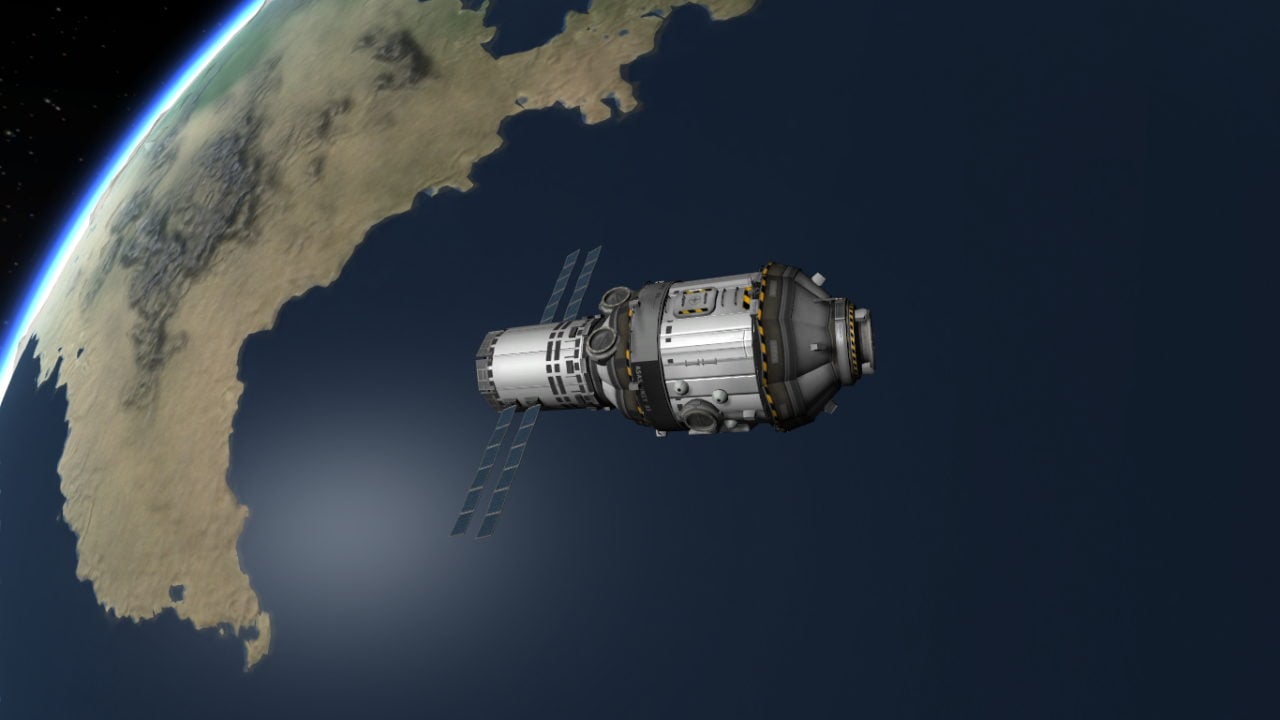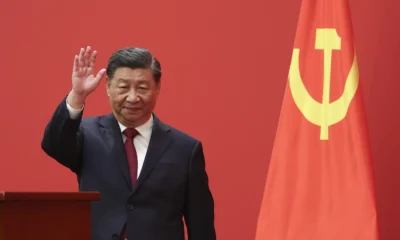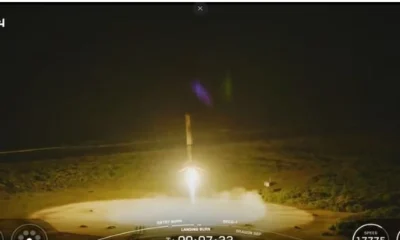[vc_row][vc_column][vc_column_text]Experts said that the orbit of the station is decaying steadily due to which it is falling deeper into the earth’s atmosphere, setting it to fall faster.
A Chinese space station, which weighs 8.5 tonnes, has started descending at a higher acceleration towards earth in an uncontrolled pattern. It is presumed to crash in to the Earth in the next few months.
China, which had launched the Tiangong-1 or “Heavenly Palace” lab in 2011, had described it as “potent political symbol”. It had set China on course to becoming a space superpower.
It sent its first female astronaut, Liu Yang, in 2012 on this space station which was used for both manned and unmanned missions.
In 2016, after months of speculation, China had confirmed officially to have lost control over the space station and announced that it would crash to the Earth in 2017 or 2018. Its space agency also informed UN, as per protocol, the probable date as between October 2017 and April 2018 when the space station would come down.
Experts said that the orbit of the station is decaying steadily due to which it is falling deeper into the earth’s atmosphere and started falling faster.
“Now that [its] perigee is below 300km and it is in denser atmosphere, the rate of decay is getting higher,” said Jonathan McDowell, a renowned astrophysicist from Harvard University and a space industry enthusiast.
“I expect it will come down a few months from now – late 2017 or early 2018.”
Although much of the craft is expected to burn up in the atmosphere, McDowell says some parts might still weigh up to 100kg when they crash into the Earth’s surface.
China has said that there is remote possibility of anyone being harmed by the debris. It informed the United Nations “Committee on the Peaceful Uses of Outer Space” in May that it would keep track on the craft’s descent and inform UN when it is in the last stages of falling to the Earth.
Predicting where it is going to come down would be impossible even in the days ahead of its landing, McDowell said.
“You really can’t steer these things,” he said in 2016. “Even a couple of days before it re-enters we probably won’t know better than six or seven hours, plus or minus, when it’s going to come down. Not knowing when it’s going to come down translates as not knowing where it’s going to come down.”
Mc Dowell said a slight variation in the atmospheric conditions could change the landing site “from one continent to the next”.
Till now many larger spacecrafts have re-entered into the atmosphere but none have ever been reported to have caused injuries to people.
In 1979, NASA‘s enormous 77- tonne Skylab space station had crashed to the earth in an uncontrolled descent. Some parts of the space station fell outside Perth in Western Australia.[/vc_column_text][/vc_column][/vc_row]






















